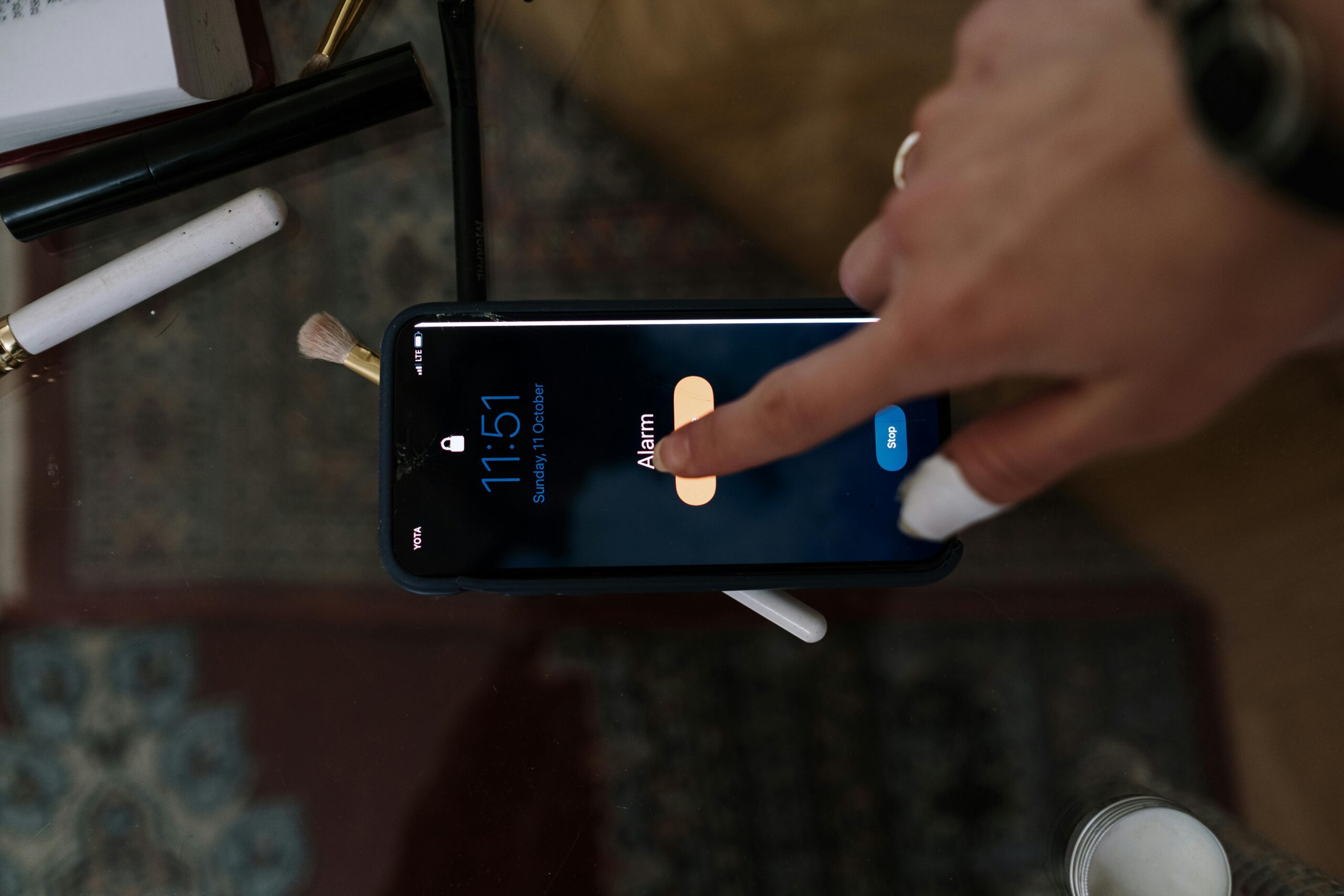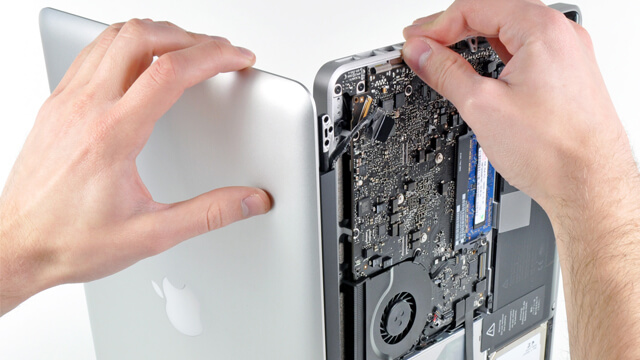As homes become smarter and technology continues to evolve, safety measures are not far behind, particularly for our cherished older family members. Perhaps it’s your ageing parents or a loved one with a chronic health condition. How do you ensure their safety while still respecting their independence? How do you know that in a moment of medical distress, help is instantly available? This is where medical personal alarms come into play. In this blog post, we will delve into the specifics of these potentially life-saving devices, offering you a guide to finding the right medical personal alarm for your loved ones.
But what exactly are medical personal alarms, and how do they work? The premise is simple: these devices work as a direct line of communication to medical assistance, often just by the press of a button. But the market, saturated with various options, can overwhelm even the determined caregiver.
Well, don’t fret. We will steer you through this sea of products and features, helping you understand what’s at stake, and most importantly, what best suits the needs of your loved ones.
Understanding The Importance of Medical Personal Alarms
As we age, our physical resilience declines, and our risk of medical emergencies increases. Falls, heart problems or sudden illness can be frightening and fatal, especially when they occur in solitude. A high-quality medical personal alarm serves as a lifeline, offering a safety net for older adults living alone, or those with critical health conditions.
The most essential feature of these devices is their instant connection to a team of medical professionals, just a button presses away. This immediacy makes all the difference in a dire situation. It is not just about alarming others around but also about knowing professional help is on the way.
With these devices, a loved one can retain independence, and you can enjoy peace of mind. A win-win situation indeed.
Defining the Elements of a Good Medical Alarm
There is a plethora of make and variants in the market, each coming with its bells and whistles. But beyond all these extras, what are the core features to look for in a personal medical alarm? I would suggest your selection process includes considerations of range, battery life, waterproof rating, connectivity and response times.
Range for home-bound devices is critical. You want to ensure the alarm covers the area where your loved one spends most of their time. Long battery life is another imperative feature, as needing regular charging can defeat the purpose if the alarm is not worn consistently. A unit that is waterproof means it can be worn in the shower – an often-overlooked risk area.
As for connectivity, devices connected to a care center offer exceptional security as they promise a human response. Response time, the golden period between the alarm being triggered and aid being initiated, must be minimal.
Going Above and Beyond – The Added Features
Besides the mandatory elements, many devices come with additional features, such as fall detection, GPS location capabilities, and even wellbeing checks. Fall detection is useful as many serious falls leave the person incapacitated to call for help. Those additional sensors can literally be lifesavers.
GPS location can be beneficial, particularly for those loved ones who are active and still go out Independently. It allows the response team to locate your loved one quickly if they trigger their alarm outside the house. Regular well-being checks can serve as a preventative measure, ensuring issues are addressed even before they become emergencies.
Making the Choice – Factors to Consider
Weighing up the needs of your loved one, the features you consider key and finally budget will help determine which device is most suitable. Don’t skip this phase, as the wrong decision can have serious repercussions.
Start by assessing which risks are most relevant to your loved one – is it falls, certain medical conditions, or just general frailty? Consider the functionalities that they may find easy to use. After all, the device should be ‘user-friendly’ in the literal sense. Lastly, discuss the budget, additional monthly costs, if any, and the manufacturer’s customer service reviews, too.
Concluding Thoughts
In a world where technology and healthcare converge to make life safer and more comfortable, medical personal alarms could be your safety net. Tasked with finding the best one, it might seem like you’re lost in a maze – of features, extras, prices, terms, and conditions. However, remember what you are buying it for, maintaining the security, wellbeing and independence of those dearest to you.
Assess the risk, understand their comfort, investigate the features, the basics and the add-ons. Account for the budget and weigh it against the peace of mind it offers. Perhaps, what you’re buying is not a device, but peace of mind – a reassurance that your loved one is safe when you are not immediately present. Given the times we live in, I’d say that’s an investment worth making.













+ There are no comments
Add yours